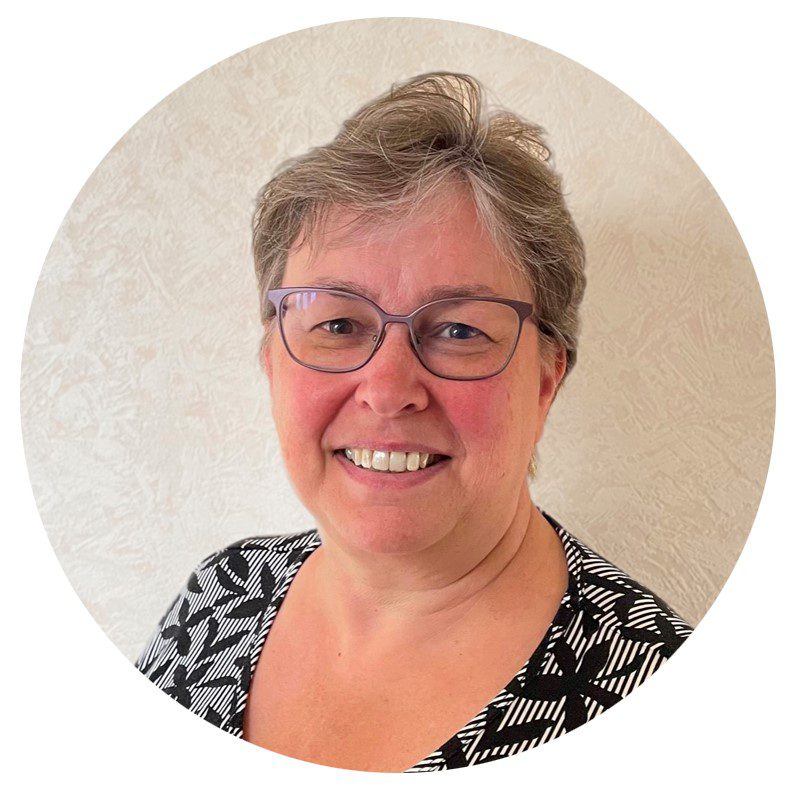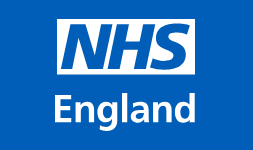Helen Cattermole
Consultant Orthopaedic and Trauma Surgeon, Hull
Associate Dean, GP School, NHS England (Yorkshire & the Humber)
Honorary Associate Secretary, Medical Education Leaders UK

I’ve been asked a lot recently about GP training in secondary care, and why GP trainees are ‘different’ from other trainees in a hospital setting. This interest arises from one of my current roles as an Associate Dean working within the GP School, and my background as a secondary care consultant and former DME, which gives me a rare insight across both worlds.
What has changed in GP training?
Traditionally, GP trainees spent two years training in hospitals and then a year in practice, but over time this has changed so that now they generally only spend twelve months in a hospital post. During that time, they have very specific curricular requirements and not a lot of time to achieve them, so their training has to be very focused if they are to make the most of their time in post. Unfortunately, many hospital departments and rotas have not caught up with these changes, and the educational needs of the training programme can be secondary to maintaining the service and ward cover.
Why are GP training needs different?
Placements for GP trainees in secondary care are supposed be ‘grounded in the capabilities that apply to the GP’s role and typical working environment’ and should provide appropriate outpatient and community outreach experiences as well as exposure to different team leadership styles and approaches. They are not designed to teach GP trainees how to be a secondary care doctor, but how to use their learning from a secondary care placement to inform their future career. GP trainees are also required to attend their regional training programme, and to spend quite a significant amount of personal learning time (which should be timetabled) on portfolio development. This requires significant input from the hospital clinical supervisor.
All of these differences cause challenges for the host department in terms of timetabling, competition for resources, and job planning, but much of the difficulty is caused by a poor understanding of the reasons why we have GP trainees in secondary care. It is sad to hear occasional reports of ‘GP bashing’ from secondary care teams about their colleagues in primary care, and the effect this has on the morale of GP trainees working within the team.
How can secondary care Trusts and educators support the training of our primary care colleagues?
There are a number of ways that secondary care educators can help manage the needs of GP trainees. Firstly, many GP training posts in England are tariff funded, so money has been provided to the Trusts to support education and training. It helps if some of this money is channelled to the departments to fund clinical supervision time for GP supervisors, which enables the supervisor to champion the needs of the GP trainee and to spend the necessary time helping them with their portfolio requirements. This is generally more time than would usually be given for core clinical supervision, since not only are the portfolio requirements significant in GP training, but the educational supervisor will be a GP and therefore outside the hospital system.
Secondly, a review of all GP training posts, timetables and rotas within a department should identify whether these posts meet the current training needs of the modern GP curriculum. Some of the timetables will have been around for years and may not have been reviewed in that time. GP Schools will be able to advise on what the timetable should look like and what is being done to support GP trainees in other, similar departments.
Finally we should all remember that we are all colleagues, and each of us has our own pressures within this overstretched health service. Civil behaviour costs nothing and extending goodwill towards challenged colleagues goes a long way in supporting trainees to feel valued.
Where can I find out more?
More information about the GP curriculum can be found here and there are specific resources for secondary care supervisors here. A new e-learning module specifically for clinical supervisors of GP trainees in secondary care is available on e-LfH here.
How can Medical Education Leaders help?
Medical Education Leaders can help with supporting educators and trainees, and is involved in policy discussions that help shape guidance around these, and other, issues. We also produce resources and up to date information to help educators and providers navigate these ever-changing situations.


